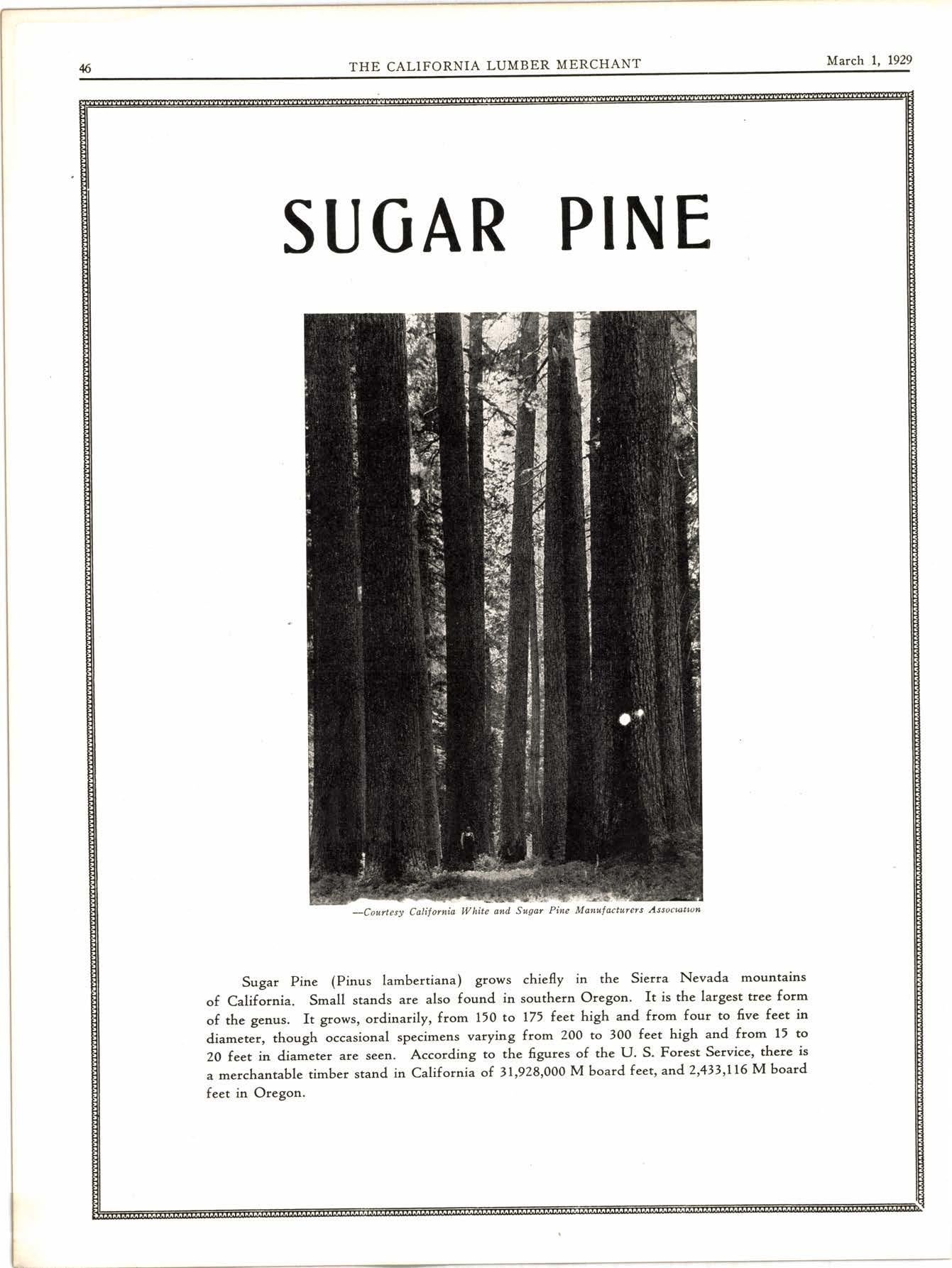
3 minute read
Random Editorial Ramblings
By Jack Dionne
Have you ever stood on the corner of Main street and the heaviest traffic cross street in YOUR town, at the noon hour, and watched the thronging, hurrying crowds? Have you ever worldered where they were going? Where they were going to trade? Get that picture in your mind and study it. Why do they stop at one shop, and not at another? Why enter one door, instead of all the others, when they have shopping to do? What appeal reaches them? What can YOU do to get their business? Through what medium or effort can you reach them?
Merchants who answer those questions successfully, get the business. No doubt about it. Henry Ford was asked what he would do if he were to suddenly go broke. He answered: "I'd figure out something that everyone needs, and I'd find a way to manufacture it better and cheaper than anyone else, dnd I'd get rich again." The good things of the world don't just happen. You have to make them happen. You have to do your own figuring and planning. You have to do the correct specific thing to bring the shoppers to YOUR door. Are you doing anything?
**ri*
Not long ago I saw a boy-just a kid of twelve-playing in a golf tournament. He shot at the green, and his ball took what looked like an unfortunate bounce, and went wrong. "That was a tough break," said a bystander sympathetically. "No," said the boy, philosophically; "I think we should control .our breaks." I don't knotrr whether we should in golf, or not, but I am certain that we should and could, in business.
***rf
Traffic control is a national problem. It is a fact, even in the Panama Canal. In 1919 the Canal handled 6,943'087 tonp. In 1927 it handled 28,610,984 tons. Lumber increases ptayed a very prominent part in that increase. Lumber runs into tonnage very rapidly. And the lumber tonnage will continue to grow through that waterway. Five years hence it will be double what it is today. No doubt about it. So they are making plans for improved tra^ffic handling in the Canal.
*rF:F:f
The public is just beginping to understand that veneered wood is not just a cheap, shoddy and poor substitute for solid wooden things. The fact is that many of the most beautiful specimens of ancient Egyptian woodwork were veneered. The public has been in the habit of looking at a piece of woodwork, and asking, "Is that solid, or veneered?" And if the latter, they usually turned from it as from something to be despised. Just plain ignprance. A fine piece of plywood, with a scientifically made core, and modernly applied veneer, is a better piece of merchandise than it could possibly be solid, will wear better, hold its shape better, and give better service and satisfaction, than if it were of solid wood.
With every year that p"l*o ,.* and less waste wood goes to the burner in the average sawrnill. The day will come when there will be no such thing as a burner. It is almost here npw. We are going to have more and more pulp mills, and board mills, and other manufacturing institutions that use what used to be waste wood. I have visited many mills in the past year that burn not a single bit of wood. Everything is utilized. It is working in that direction fast.
>k**:t
A fully equipped paper plant to make paper from wood ir no cheap John proposition, however. They cost real money. A modern plant that grinds the wood, with sulphite plant complete, costs about $50,000 for each ton of daily capacity of paper. So, naturally, they can only be built where there is a generous and long lived supply of raw materials. *<*:8*
"Every manufacturing institution from a peanut stand up should have a research and proving departmentr" is an utterance I recently heard from the lips of a high official of General Motors. He said auto manufacturers used to make a car, send it out to the public' a more or less unknown quantity, and wait for the echo. "Believe me, it always came !" he said. Today they have their great proving and research department that proves not only their own cars, but those of their competitors, and which works out plans for selling more and ?*a_* cars to the public.
This same man uttered a fine thought about competitors. He said it was a great mistake to watch your competitor or his goods to find their weaknesses. He said, "Watch them and find their strength, and their best characteristics, and apply them to your own business." Old Solomon himself never uttered a better n1"""_.t_OTiness wisdom than that.
There is an asset in the balance sheet of every successful business, which appears nowhere among their securities. No accountant values it. No officer can tell you its value. It does not appear on the balance sheet. Yet it is great among the greatest. That asset is the loyal cooperation of those who are working with the management, day by day, and year by year. The magnitude of its value can hardly be over-estimated.










